Two free webinars to showcase recent research on the Raritan. Tuesday, November 30, 2021 from 9:00 am to 10:15 am (link to view Zoom Recording)...
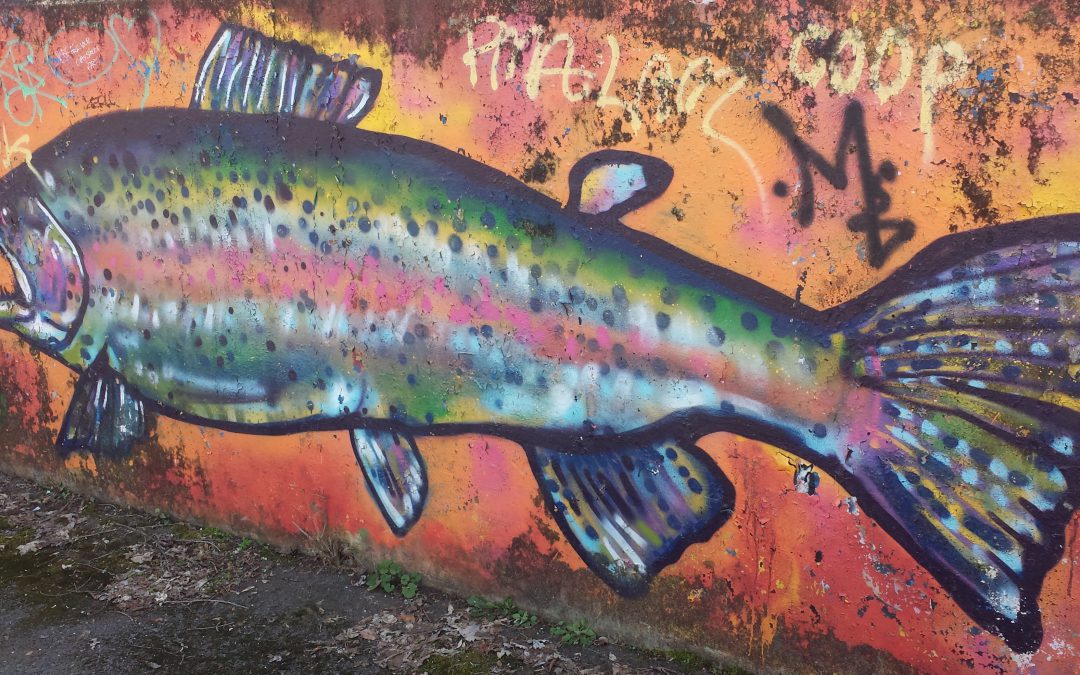

Two free webinars to showcase recent research on the Raritan. Tuesday, November 30, 2021 from 9:00 am to 10:15 am (link to view Zoom Recording)...
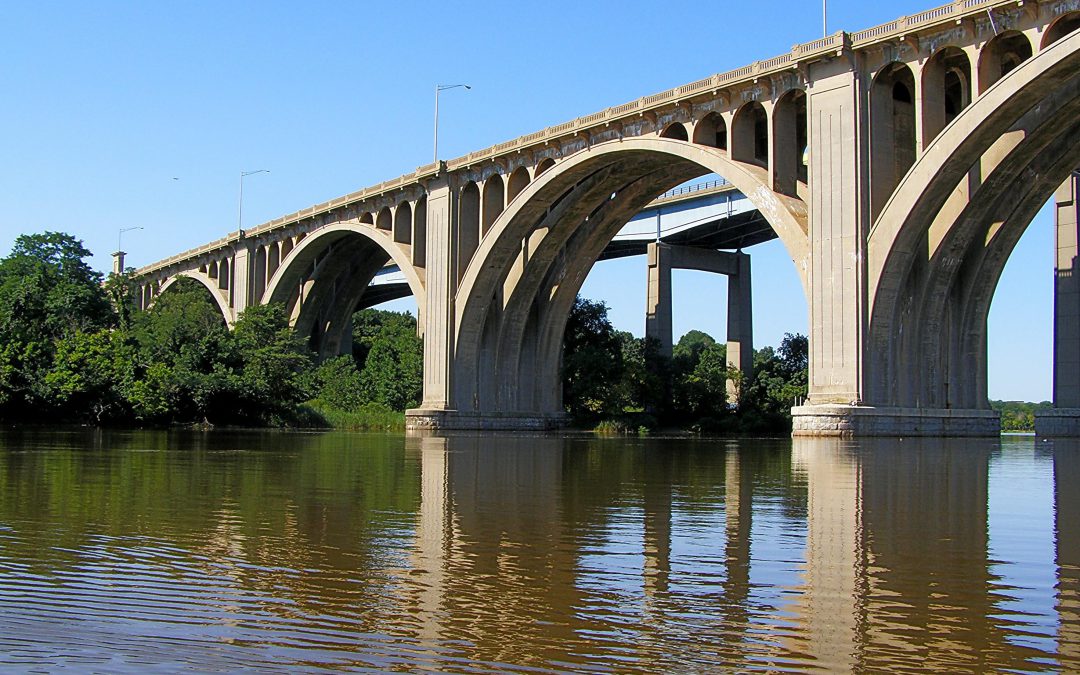
Given the COVID-19 emergency and its disruption to the lives of so many members of Raritan River Basin communities, and out of an abundance of...
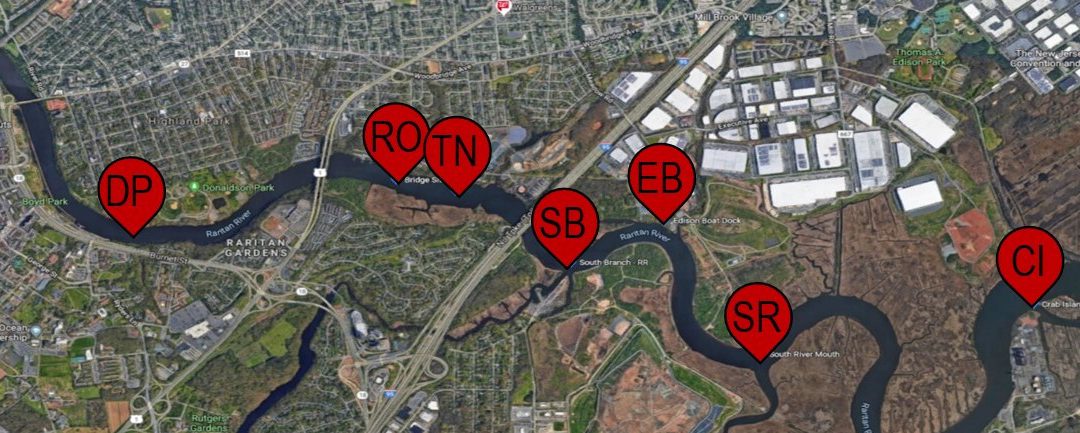
Dr. Philip Sontag and Professor Katherine Dawson collaborated on a mini-grant project to understand the biogeochemical cycles of trace metal...
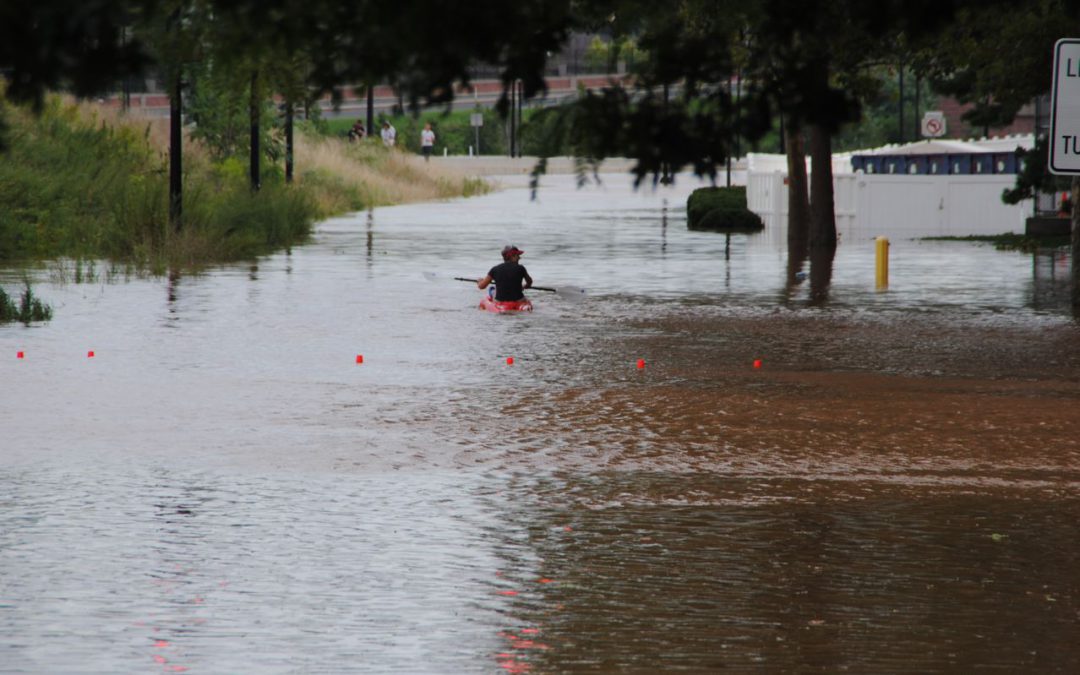
This project examined the flood mitigation plans of the seven counties in the Raritan River watershed to better understand local government flood...
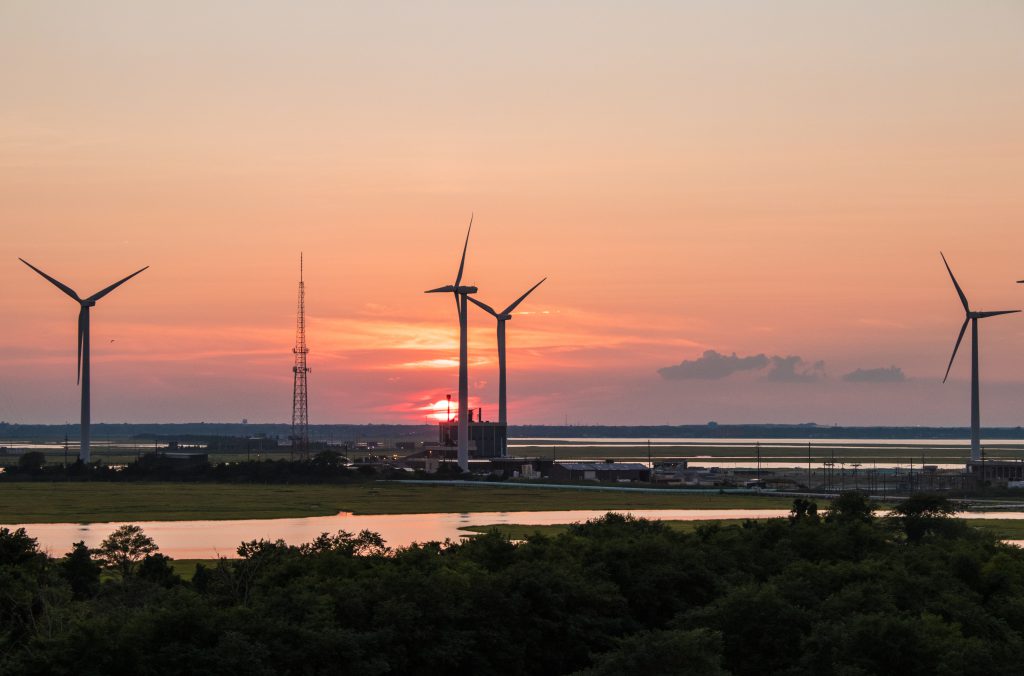
Aquatic connectivity is a key restoration goal for the New York – New Jersey Harbor & Estuary Program (HEP) and its partners. The creation of...

Near-real-time water-quality monitoring of different variables in the Raritan River is critical to protect the aquatic life and to prevent...
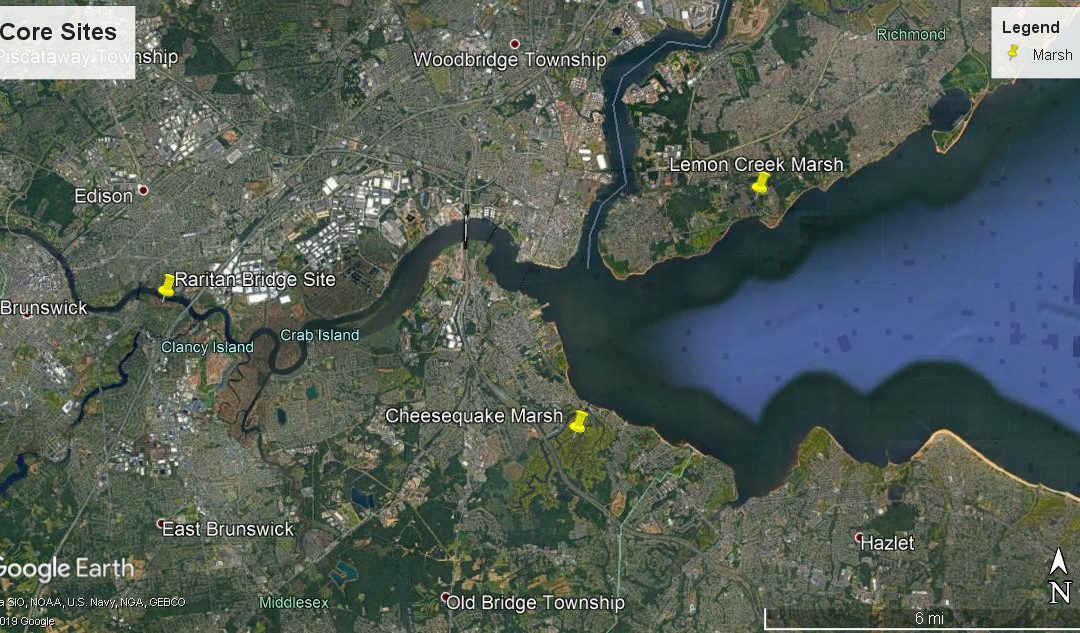
Tidal marshes provide a range of ecosystem services, including carbon sequestration. Although New Jersey’s tidal marshes appear to have kept pace...
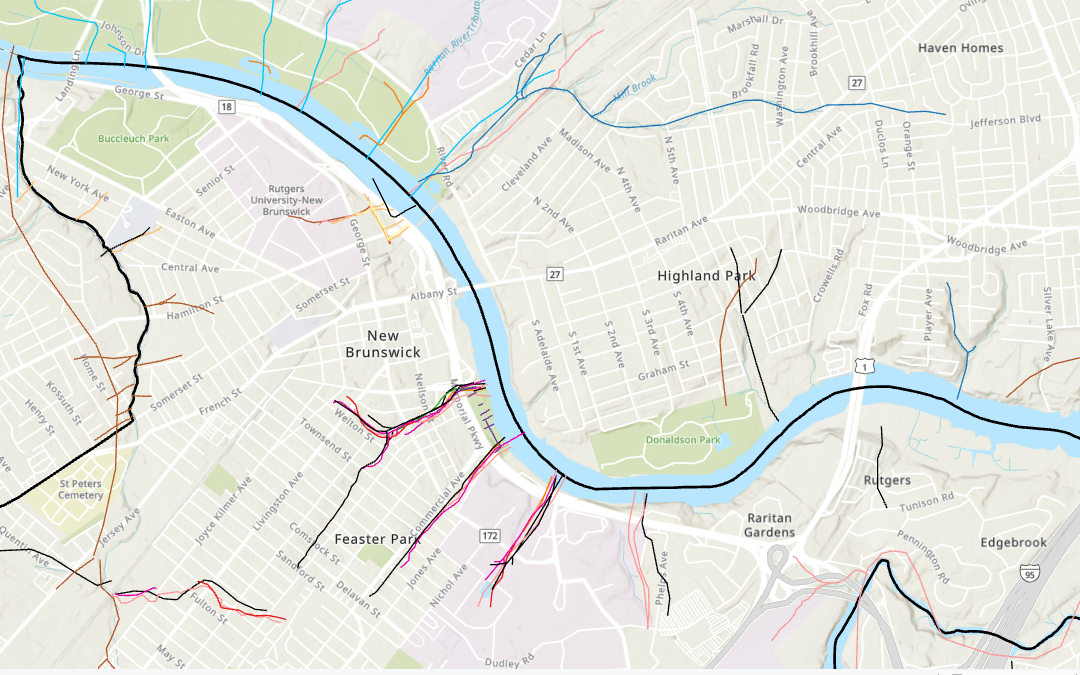
The changing climate and development patterns of the Lower Raritan Watershed occur against a backdrop of substantial impervious surface coverage...
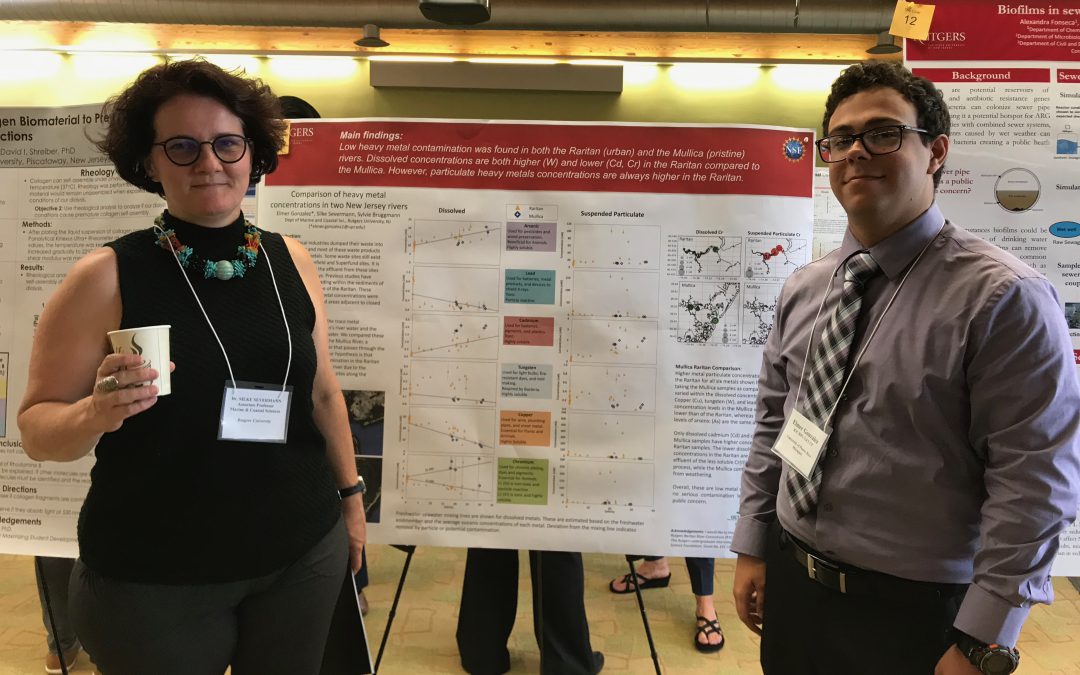
The Rutgers Raritan River Consortium (R3C) is dedicated to providing students, especially those from diverse backgrounds, with opportunities to...
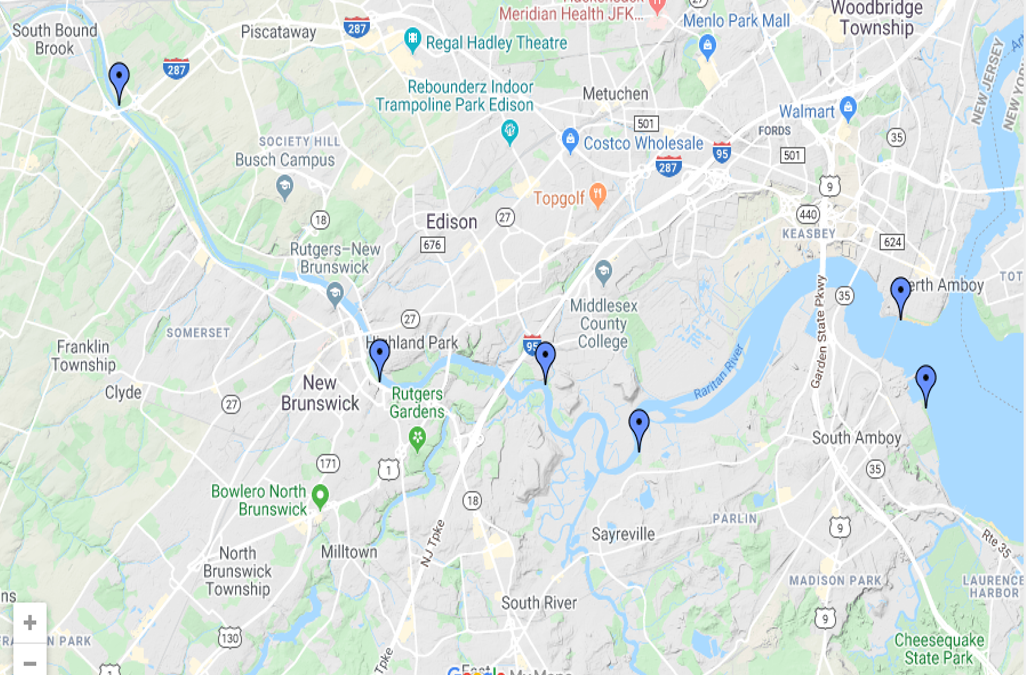
Little water quality data exists that can inform the safety of recreating on the highly urbanized Lower Raritan River. The Lower Raritan is actively...
This report summarizes stakeholder and subject matter expert feedback regarding the potential elements and content of a New Jersey Ocean Acidification (OA) Action Plan. Feedback was provided by twenty-eight individuals through a stakeholder engagement process which...
These articles were designed to help local government leaders develop “tech fitness” for their organizations. The idea of tech fitness is to ensure that organizations can meet expectations for technologically driven services, which today, include most government...
Chatbots are software programs that use natural language processing to have conversations with people. Also called conversational agents, they can answer questions, provide recommendations, and complete tasks. Leading companies like Google, Microsoft, and Amazon, and...
There are two basic elements of technology that every municipality must have. Most places already do this, but it doesn’t hurt to highlight them. The first is an expert to advise you and your governing body on technology issues. As with other experts you hire—a police...